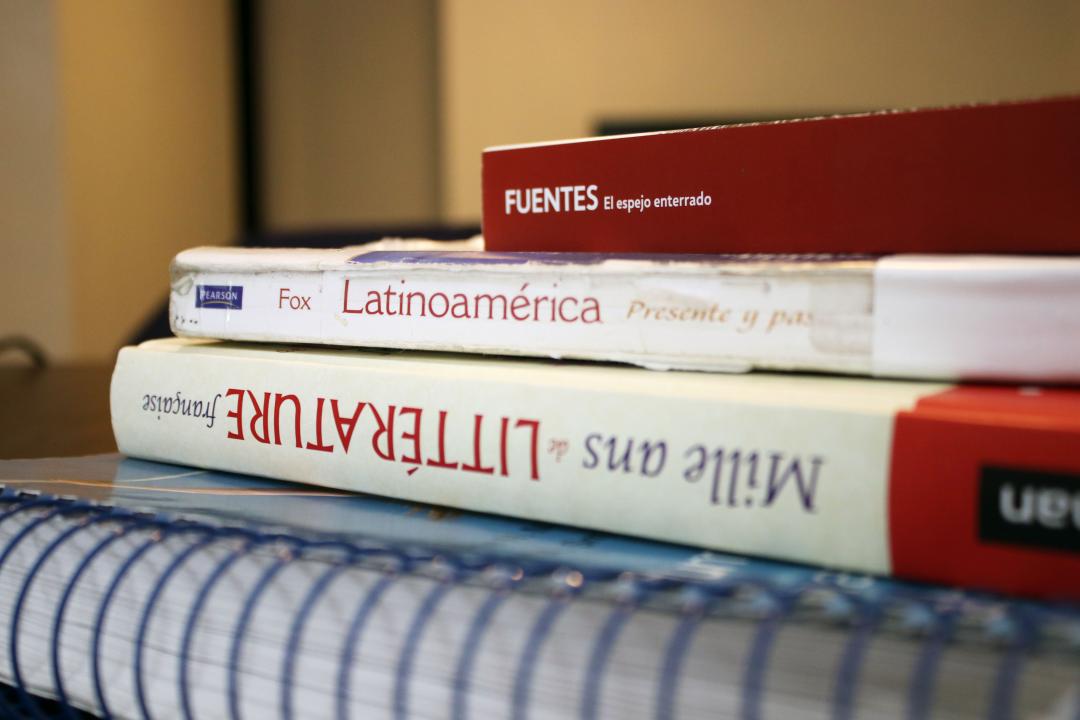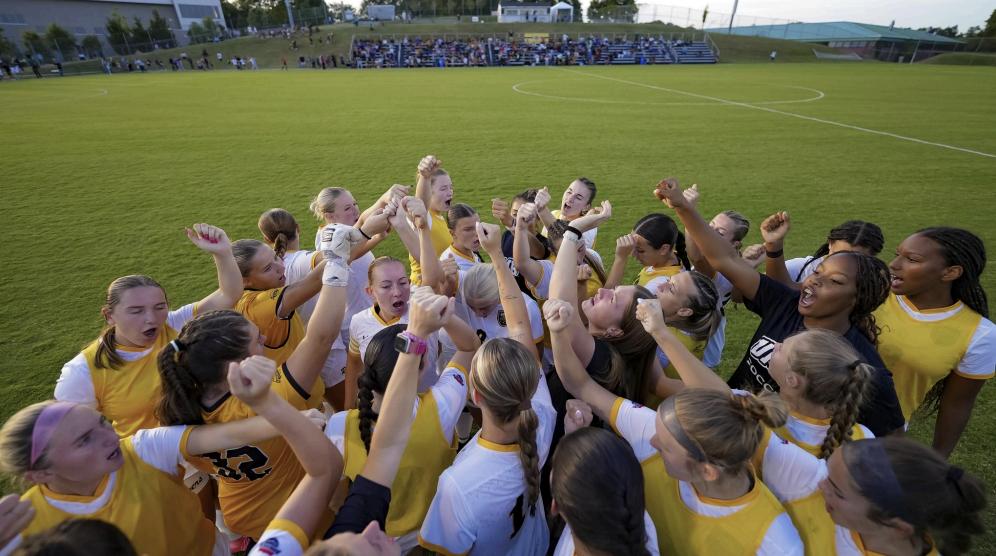This article has been updated to reflect new information.
The stereotype of the poor college student has only gotten worse due to the COVID-19 pandemic. As the pandemic forced businesses to close and lay off workers, many students at the University of Maryland, Baltimore County lost their means to pay for things like tuition, meal plans and textbooks. Knowing the increased financial constraints on students by the pandemic, some UMBC professors looked for a means to lessen the burden on students. To do so, they turned to Open Educational Resources.
OER are course materials, such as textbooks and homework platforms, that are either free or at a reduced price because they skip the middleman of a commercial textbook publisher. Instead, OER directly works with faculty and educational institutions to bring materials to students under a creative commons copyright.
Currently, CHEM 101 and 102, as well as SPAN 101, 102 and 103 are the only courses offering OER materials at UMBC.
In an OER presentation, Chemistry Department lecturer Dr. Sarah Bass explained that OER CHEM 101 and 102 materials saved students at least 78 dollars; the text and solutions were free, and the homework platform cost 25 dollars.
“OER is shown to increase student learning while breaking down barriers of affordability and accessibility,” she explained.
In an anonymous Fall 2020 OER resources survey, one student stated that OER is “a step in the right direction for students who have increased difficulty in purchasing [course] materials.”
Erin Durham, UMBC librarian and co-chair of the OER Working Group, explained that introductory chemistry and Spanish classes were the first to adopt OER materials are it is easier to find resources for introductory courses such as CHEM 101 and SPAN 101.
“Across the country, OER is not limited to STEM; the focus tends to be on general education courses and on large-enrollment classes,” she said.
However, institution-wide OER implementation is not without challenges. UMBC professors have the academic freedom to choose their course texts, and many choose to assign materials from copyrighted publishers like McGraw Hill or Pearson, two of five textbook companies that own 80 percent of the textbook market.
“One of the hesitations is just that OER requires extra work [from faculty] — It’s not out of the box,” explained Durham. “Some commercial textbook companies have a [package] of test bank questions, slides, homework platforms, that align with the textbook.”
As a result, a major role of the OER task force is to provide back-end support for faculty as they work to integrate OER materials into their courses. Currently, the task force is working with faculty, the Student Government Association and the Graduate Student Association on a three-year sustainability plan to generate institution-wide support of OER. The plan will include ways of providing faculty with financial and technical support.
Dr. Susan Biro, who works in the Division of Information Technology and specializes in higher education leadership stated that the pandemic-caused year of virtual learning might have positive long-term effects on UMBC faculty’s adoption of OER.
“Going online [in Spring 2020] was disruptive to faculty,” explained Biro. “The question became, ‘How can I make my materials more flexible?'”
Additionally, Biro’s nearly two decades in online higher education at institutions like Prince George’s Community College gives her access to people who can help champion OER at UMBC. These connections helped in garnering support from UMBC faculty and staff.
“College deans and provost offices are very supportive of OER because they love that it can save students money,” said Biro. “In many cases, faculty say they want to help create OER.”
Along with supporting faculty, the OER group is also working on designating OER courses for the Fall 2021 course catalog. CMI labels are different because it is a result of price negotiations between the UMBC bookstore and commercial textbook publishers.
The initiative is in response to the Textbook Transparency Act of 2020, passed by the Maryland General Assembly to require University System of Maryland institutions to clearly label courses offering free or low-cost materials.
“Education is a public good,” explained Durham. “And we are working on any way to make students aware of more affordable [course] options.”

